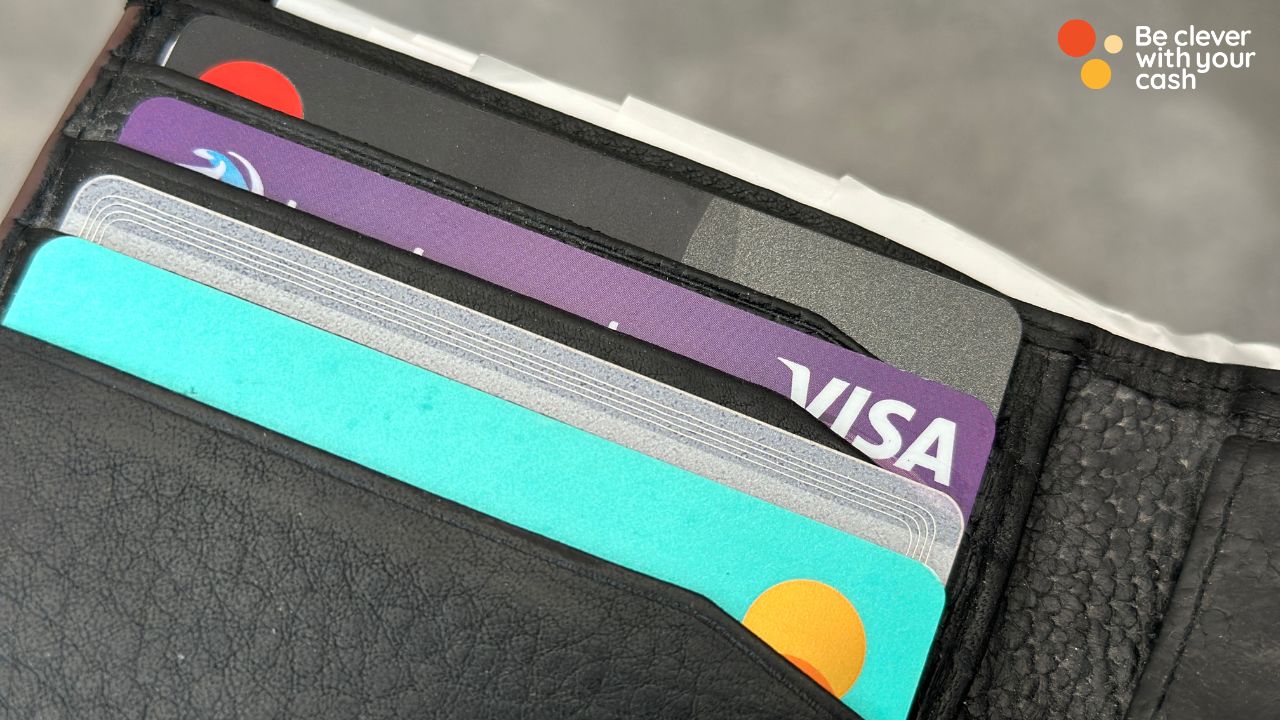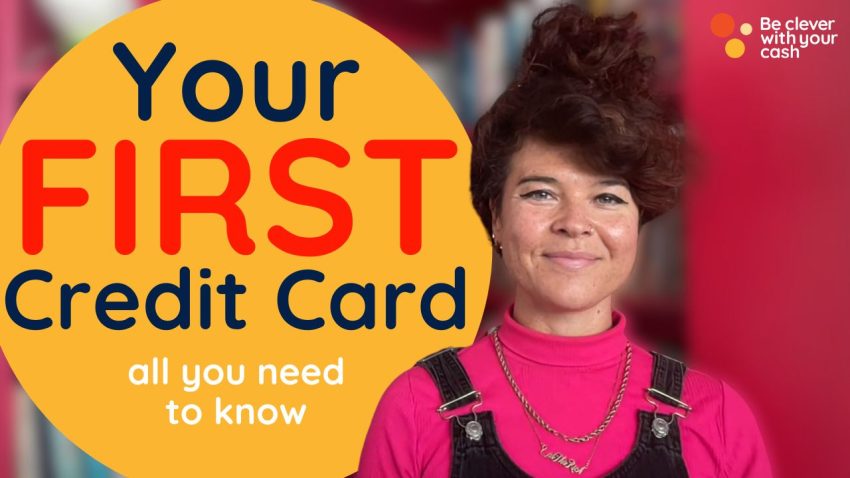What to look for in extra debit and credit cards
Heading out with just one card can be risky. As July’s global IT crisis showed, when many businesses were unable to take cards, you could be stuck being unable to pay at all.
But there are other times when you could face issues, which could be avoided if you have multiple cards on you. Here are the types of cards you should be adding to your wallet and why.

Some articles on the site contain affiliate links, which provide a small commission to help fund our work. However, they won’t affect the price you pay or our editorial independence. Read more here.
A card to use for Chip & Pin and at ATMs
I’m sure like many of you, the bulk of my spending is now done using my phone’s digital wallet. I can tap and pay with just my Face ID needed to authorise payments, including those over £100, which is the limit with contactless.
But in the event that a there’s an issue with contactless, or if you find a retailer that’s cardless, then most people are going to be stuck if you’ve not brought a physical card with you.
So, unless you’re just popping out for five minutes, it makes sense to have at least one actual card on you so you can pay with Chip & PIN or take money out of a cash machine.
However, don’t keep it in your phone case. As we reported, if your phone is nicked, they’ll also have access to your card.
There are a handful of current accounts – Natwest, RBS and Barclays – that will let you take money out of an ATM if you don’t have your card, so that could be a workaround (though that assumes there’s no issue with the app).
A debit and a credit card
There are few reasons not to stick to just a one card type. Ideally you’ll want both a debit and a credit card on you.
For a start, if you do need to take money out of an ATM, you’ll want to avoid using a credit card as not only will the bank charge you and add interest, it’ll also hurt your credit score. So a debit card for a bank you have money in is essential – even if you very rarely use it.
But credit cards will have benefits. The most obvious is Section 75 protection, a legal right where you can claim from the card provider if something goes wrong with your purchase – as long as it cost more than £100.
They are also essential if you need to ringfence some cash. This is most common on things like car hire where a holding deposit is taken in case you damage the car, or for incidentals on hotel bookings. If you use a debit card here it’ll remove that money from your balance straight away, limiting how much you can actually spend. But with a credit card you’ll see your overall limit reduced temporarily, but that should still leave space for you to spend.
A credit card is also handy if you don’t have access to your main bank account or debit card for whatever reason. Though you might have more than one current account, there’s no guarantee you’ll have enough money in them for your required spending.
In this case, paying with a credit card gives you time for things to get sorted. You’ll usually get a statement once a month, and then there’s usually two weeks after this for the payment to be made. This leaves you time to sort access to your current account – just remember to clear the spending on the card before it’s due to avoid interest.
Cards at different banks
In the past we’ve seen rare problems impacting individual banks, which could mean if you have your main debit and credit card with the same one you’re unable to use either. Ideally it makes sense to carry cards from a mix of institutions with you.
Get the best of our money saving content every week, straight to your inbox
Plus, new Quidco customers get a high paying £18 welcome offer

A Visa and a Mastercard (and an Amex)
Similarly, you might find payment issues are just for one type of card issuer, rather than bank. This means it makes sense to not just have a Visa or a Mastercard or American Express in case they’re not accepted or working.
That’s particularly the case with Amex. Even though more and more retailers will take this for payments, and there are great perks for having one, you might still come unstuck if that’s your only way to pay.
A reward card
Though the previous points have mainly focused on when things go wrong, it can also be advantageous to have more than one card to access promotions and other perks. Unless there’s one which specifically says you need a physical card, I think you’ll be fine adding these to your phone’s wallet.
Many current accounts and credit cards will have their own cashback feature that’s linked to specific retailers, like this one from Monzo. You’ll need to activate them in the apps, but then spend with the card to trigger the money back.
Other extras can be quite random, but are worth a look. Perks I’ve recently taken advantage of include fast track entry and a free snack at the First Direct Arena in Leeds and a free Amex radio at Wimbledon.
Cards to use overseas
I speak a lot about the benefit of a fee-free card for spending abroad, but I’d also recommend a back up card (also fee-free) which you keep separate to your main wallet.
This is one that you can spend with if your wallet or phone are stolen, as happened to me a few years back in Argentina. Because of my spare wallet, we could continue our trip.
 Featured switching deal
Featured switching deal
 Customer rating
3.8/5
Customer rating
3.8/5
- Switch bonus£200
- Offer endsUnknown
- Extra bonus£25 Amazon Gift Card
- FSCS Protected? Yes
- Switch bonus requirements Switch using the Current Account Switch Service and close your old account within 60 days of starting the switch
- Deposit requirements Deposit £1,500 in the first 60 days from opening the account
- Direct debits transferred over Set up two Direct Debits before or after the switch from a selected list of household bills
- Existing customers? Can't have held any Santander current account on 1 January 2025
- Restrictions Can't have received a switching bonus from Santander already, offer limited to once per person
- Eligible accounts Open a new or hold an existing Everyday, Edge, Edge Up or Edge Explorer current account
- £25 Amazon Gift Card requirements To qualify for the gift card, you need to complete a full switch using CASS, and make five debit card transactions within 30 days of opening the account
How many cards do you need?
I’ve listed lots of options, but in reality you don’t need too many. At the very least I think you should have one debit and one credit card from different banks with different payment issuers.
At least one should be fee-free for overseas, and ideally one where there is access to a branch. Beyond this I think you’ll largely be OK adding extra cards to your digital wallet.






Always carry at least £50 in cash on you. It’s always handy in an emergency if IT systems go into meltdown. Tuck it in the back of a phone case. While cards can be more convenient, cash doesn’t go into meltdown and I think certain businesses are foolish to do the whole card-only thing. I avoid them out of principle.
Is there anyone else in the UK like Curve who allow you to virtually stack multiple cards (excluding Amex) behind them?